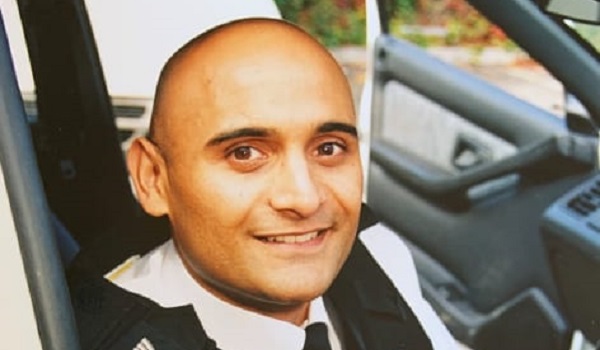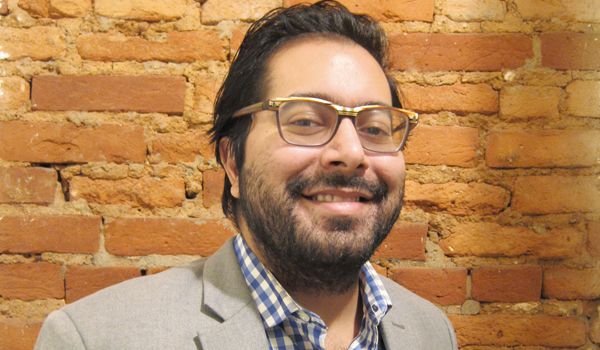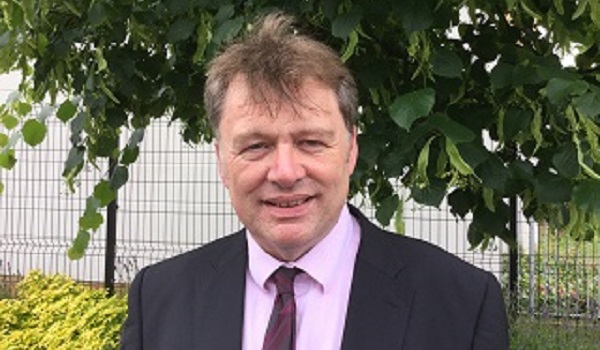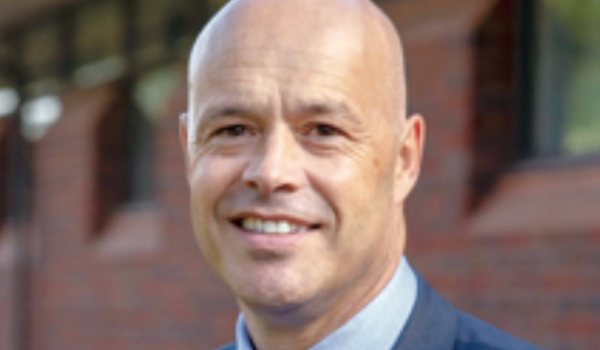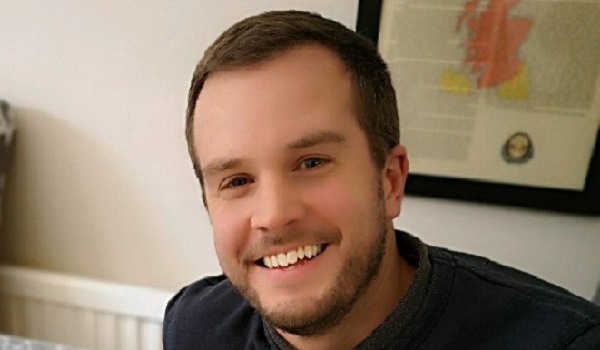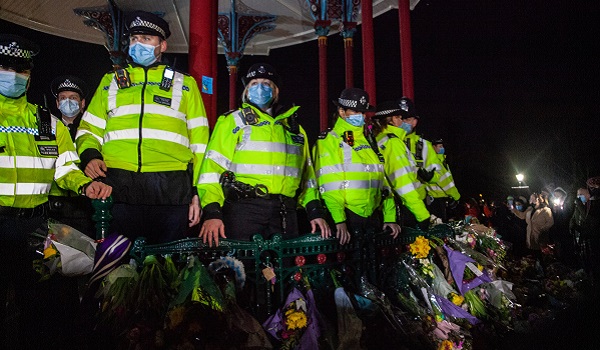Policing the front line
Commander Bas Javid is supporting the National Police Chiefs’ Council’s Response Police and Wellbeing Recognition week, and speaks about his experiences of, and hopes for, policing.
I, like the majority of my colleagues started my policing career as an emergency response officer. In 1993 at the tender age of 22, I left the Royal Navy (after six years) and joined Avon and Somerset Constabulary. It was a tough decision for me as I loved being part of the British military, but one that I’m glad I made. It’s been an eventful, fulfilling and amazing 27 years!
My first posting was in Response Policing in the central area of Bristol and my new role opened my eyes to interesting experiences and most definitely to new challenges, where you sometimes experience both the very best and worst of humanity. I can assure you that no two days are ever the same.
As I headed into work every day, I had no idea what that first call will be. I remember one of my first calls was to a domestic disturbance, where the victim had suffered horrendous injuries. Being one of the first officers on the scene really does test your skill and professionalism. Luckily the victim in this case made a positive recovery and the offender was prosecuted; something which is not always possible.
I was fortunate to have had a great tutor constable, who guided me through the process; caring for the victim, securing the scene, completing an initial investigation and tracking down the offender. Being able to progress the case was satisfying and rewarding and the incident itself only served to increase my appetite for protecting the most vulnerable in our society.
Policing has changed a lot since 1993, but our basic role of emergency responder has remained the same in many ways. Officers are still called upon to deal with 999 calls and assist the public in all sorts of ways. This can include anything from helping a vulnerable person in distress to dealing with violent criminals.
All officers are first aid trained and are often the first at a scene to provide emergency life support until professional medical responders arrive; which I know can sometimes feel like a lifetime. Our officers also respond to and deal with those in mental health crisis on a far more regular basis and I know how challenging these incidents can sometimes be to manage while waiting for health professionals to assist.
It’s not an easy job and can sometimes be extremely challenging and even dangerous, but ultimately it is fulfilling and rewarding.
I take my hat off to all those who do the job now and those who have done the difficult job of response policing in the past.
Like you and I, all police officers have a home life to enjoy. They are often required to work lengthy shifts and deal with challenging and distressing scenes, both of which can adversely affect their health and wellbeing. My simple ask is that the public understand and respect the challenges faced by those officers who respond to the most urgent emergencies and offer your support where you can. Those officers go above and beyond, to help the public, and the least they can expect is the public’s support in return.
No matter what we are required to do, I know our officers will continue to perform their duties and serve the public in the best way we can, showing continued resilience and determination.
So, after over 27 years in policing, across three force areas, I’m still here and doing what I can to make sure our officers are well trained, well led and well equipped. I’m passionate about delivering a quality and professional service and would encourage others who have a taste for public service to step forward and consider a career in policing. You’ll be tested, have good days and bad days, but you’ll always be able to hold your head up high and know that you did your part to make the our communities that little bit safer.

